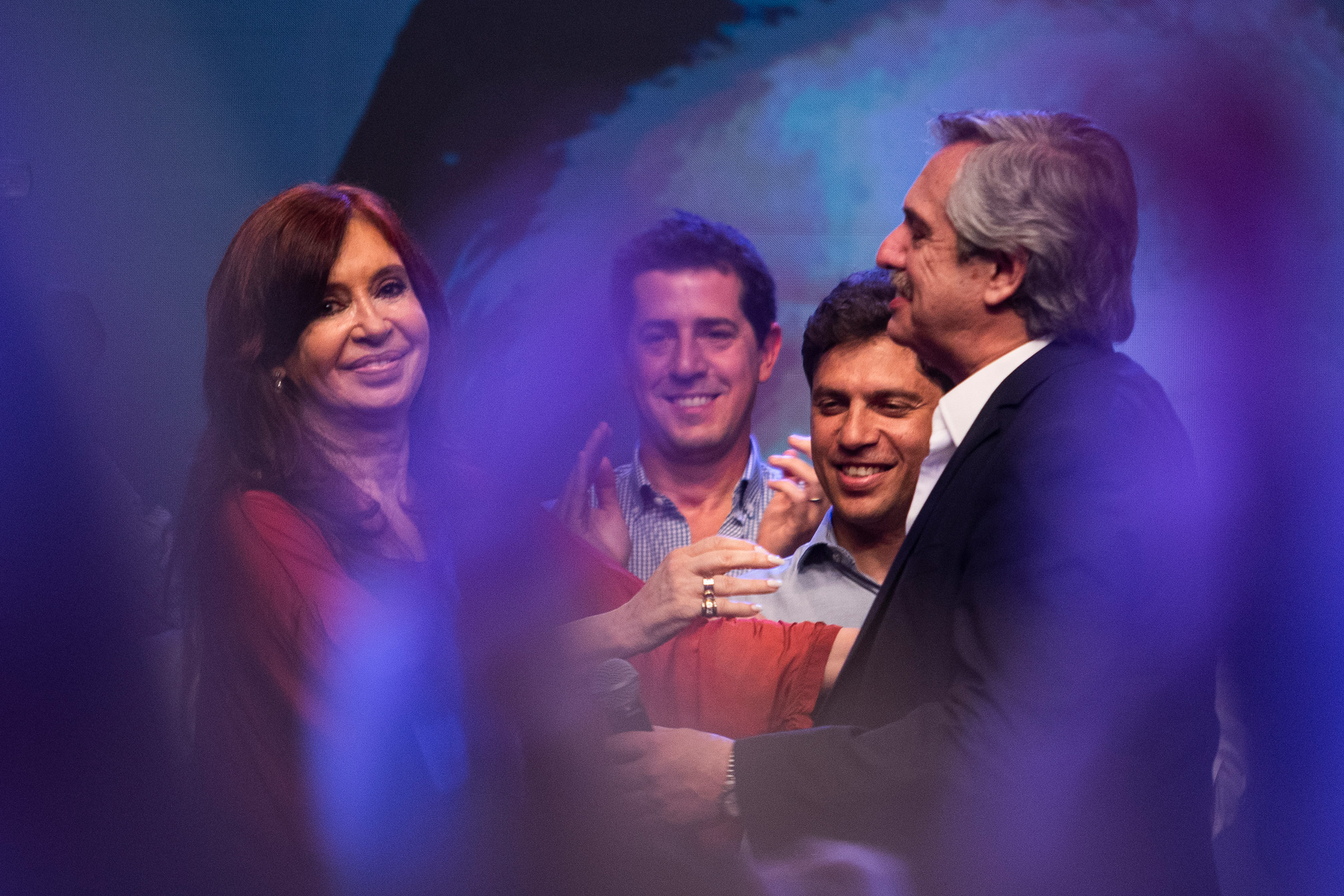
It’s never a good sign when a country’s central bank tightens capital controls just hours after a national election. But when that country is Argentina, it’s not exactly surprising, either.
One in 10 Argentines today can’t find work. More than one-third are impoverished. In a country not generally known for fiscal discipline, reform-minded President Mauricio Macri had good intentions to fix the country’s finances but lacked the political support to do so. He was eventually forced to seek a major $57 billion aid package from the International Monetary Fund (IMF), but that was mismanaged, aggravating the country’s already dire economic situation; just 40% of Argentines voted to re-elect him. Alberto Fernández–his leftist opponent, who received 48% of the vote–will replace him on Dec. 10. He will be accompanied by his vice-presidential running mate, former President Cristina Fernández de Kirchner (CFK).
When her second presidential term ended in 2015, CFK was presiding over a country with rampant political corruption and an economic situation pointing seriously south, but one that had yet to fully develop into a crisis. She remains beloved by millions for her generous welfare policies (which the country was ultimately unable to afford). Fernández served as CFK’s chief of the Cabinet of Ministers for her first seven months in office but was always considered the more practical politician of the two. Following CFK’s presidency, they headed separate wings of their Peronist movement, refusing even to talk to each other. Then CFK approached Fernández with a deal–if he would run for the country’s presidency, she would serve as his VP, delivering the votes he needed to unseat Macri.
It was a bargain Fernández couldn’t refuse. Now comes the hard part. Fernández has two distinct challenges ahead of him; the first is the country’s looming credit crunch, which if left unaddressed would lead to its ninth sovereign-debt default. To avoid that fate, Fernández has to play ball with the IMF, an institution widely reviled in Argentina given its history of demanding austerity measures in exchange for financial lifelines, and which Fernández criticized on the campaign trail. But Fernández doesn’t have many good options. Without support from the IMF, no foreign investors would touch the country, especially now as there’s talk of trimmed repayments–a so-called haircut–on existing Argentine bonds. Macri cut public spending in order to bring the country’s finances in line with IMF demands; Fernández just vowed to increase public spending.
The second concern is the person who propelled Fernández to the presidency. CFK, who currently faces multiple charges of corruption, is one of the most divisive political figures in Argentina. While her presence on the ticket secured the presidency for Fernández, he underperformed relative to polls, which may be explained by voters’ wariness of re-electing CFK to a position of power. (Fernández was also unable to secure a majority in the lower house of parliament.) More concerning still, Kirchner has her own political base and influence network, which could complicate Fernández’s ability to govern if he doesn’t manage the relationship properly.
Fed up with the past four years of economic struggle, Argentine voters made their decision. Macri should take heart–in Argentine politics, there is such a thing as second chances. It remains to be seen what Fernández and CFK will do with theirs.
More Must-Reads from TIME
- Why Biden Dropped Out
- Ukraine’s Plan to Survive Trump
- The Rise of a New Kind of Parenting Guru
- The Chaos and Commotion of the RNC in Photos
- Why We All Have a Stake in Twisters’ Success
- 8 Eating Habits That Actually Improve Your Sleep
- Welcome to the Noah Lyles Olympics
- Get Our Paris Olympics Newsletter in Your Inbox
Contact us at letters@time.com